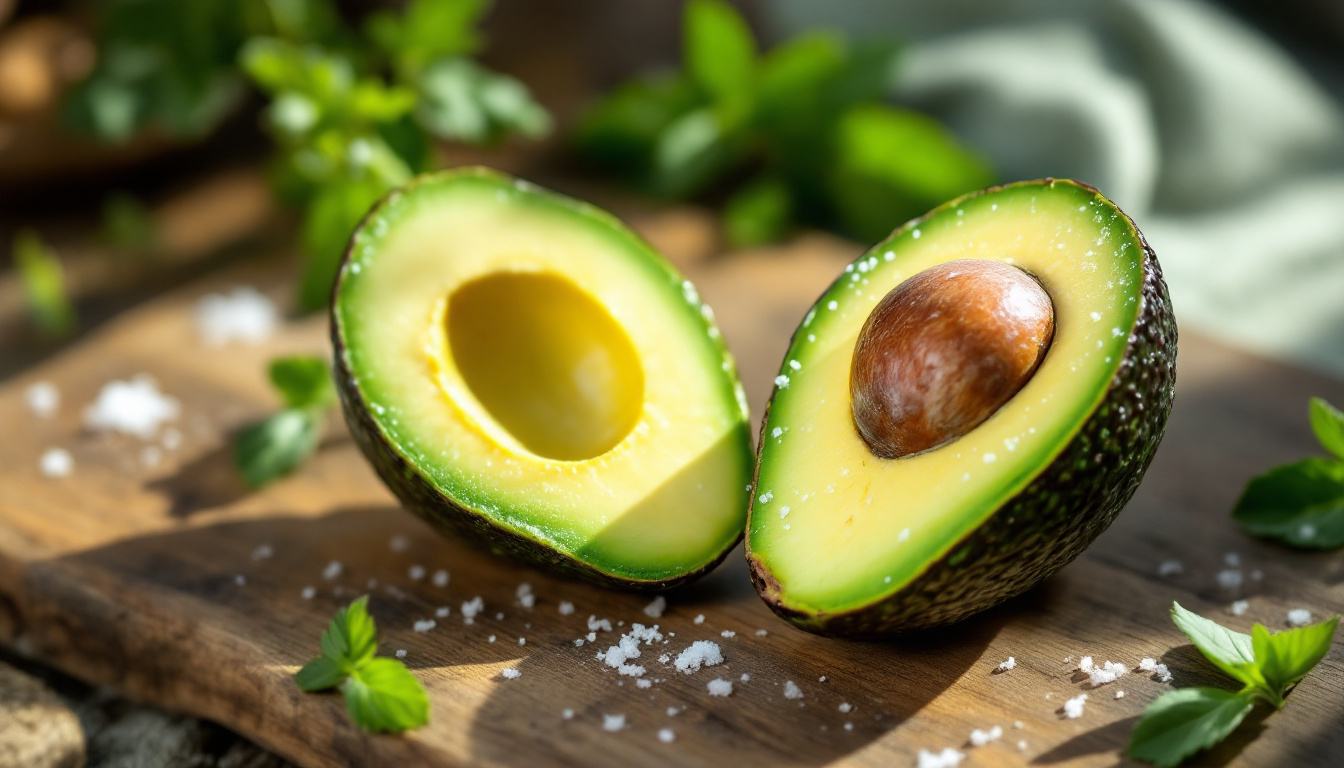As the sun shines brighter and the days grow longer, our cravings for fresh, vibrant foods intensify. While kale has long been hailed as a superfood, there’s a whole world of summer superfoods waiting to be explored. These nutrient-dense options not only provide essential vitamins and minerals but also add a burst of flavor to your meals. Let’s dive into some of the most exciting summer superfoods that deserve a spot on your plate.
1. Watermelon: The Ultimate Hydrator
When you think of summer, it’s hard not to picture a juicy slice of watermelon. This refreshing fruit is not just a treat for the taste buds; it’s also packed with hydration and nutrients.
Hydration Benefits
Watermelon is composed of about 92% water, making it one of the most hydrating foods available. Consuming foods with high water content can help maintain hydration levels, especially during hot weather.
Nutritional Profile
Beyond hydration, watermelon is rich in vitamins A and C, both of which are essential for skin health and immune function. Additionally, it contains antioxidants like lycopene, which has been linked to heart health and may help reduce the risk of certain cancers.
2. Blueberries: Tiny Powerhouses of Nutrition
Blueberries are often referred to as a superfood for good reason. These small berries are bursting with flavor and packed with health benefits.
Antioxidant Properties
Blueberries are renowned for their high levels of antioxidants, particularly anthocyanins, which give them their vibrant color. Research suggests that these antioxidants can help combat oxidative stress and inflammation in the body.
Brain Health
Studies have shown that regular consumption of blueberries may support cognitive function. A study found that older adults who consumed blueberries regularly showed improved memory and cognitive performance.
3. Quinoa: A Complete Protein Source
Often mistaken for a grain, quinoa is actually a seed that has gained popularity as a superfood due to its impressive nutritional profile.
Protein and Fiber
Quinoa is one of the few plant-based foods that is considered a complete protein, meaning it contains all nine essential amino acids. This makes it an excellent choice for vegetarians and vegans. Additionally, it is high in fiber, which can aid in digestion and promote a feeling of fullness.
Versatile and Delicious
Quinoa can be easily incorporated into a variety of dishes, from salads to stir-fries. Its nutty flavor and fluffy texture make it a delightful addition to any meal. Cooking quinoa is simple: just rinse, boil, and simmer for about 15 minutes.
4. Avocado: Creamy and Nutrient-Rich
Avocado has taken the culinary world by storm, and for good reason. This creamy fruit is not only delicious but also incredibly nutritious.

Healthy Fats
Avocados are rich in monounsaturated fats, which are known to support heart health. According to a study in the Journal of the American Heart Association, incorporating avocados into your diet may help lower bad cholesterol levels.
Vitamins and Minerals
In addition to healthy fats, avocados are a great source of vitamins E, K, and B6, as well as potassium. These nutrients play vital roles in maintaining overall health, from supporting skin health to regulating blood pressure.
5. Zucchini: A Low-Calorie Vegetable with Big Benefits
Zucchini is a summer squash that is often overlooked, but it’s a versatile vegetable that can be enjoyed in numerous ways.
Low in Calories, High in Nutrients
With only about 20 calories per cup, zucchini is an excellent choice for those looking to maintain a healthy weight. It is also a good source of vitamins C and A, which are important for immune function and vision health.
Cooking with Zucchini
Zucchini can be spiralized into noodles, grilled, or added to salads for a refreshing crunch. Its mild flavor allows it to pair well with a variety of dishes, making it a staple in summer cooking.
6. Chia Seeds: Tiny Seeds, Big Benefits
Chia seeds have gained popularity as a superfood due to their impressive nutritional profile and versatility.
Omega-3 Fatty Acids
These tiny seeds are packed with omega-3 fatty acids, which are essential for heart health. A study found that omega-3s can help reduce inflammation and lower the risk of chronic diseases.
How to Incorporate Chia Seeds
Chia seeds can be easily added to smoothies, oatmeal, or yogurt. They can also be soaked in water to create a gel-like consistency, which can be used as a thickening agent in recipes.
Conclusion: Embrace the Variety
This summer, don’t limit yourself to just kale. Embrace the variety of superfoods available to you. From hydrating watermelon to nutrient-dense chia seeds, these foods not only enhance your meals but also contribute to your overall health. Incorporating a diverse range of superfoods into your diet can help ensure you’re getting a wide array of nutrients, keeping you energized and satisfied all summer long.




